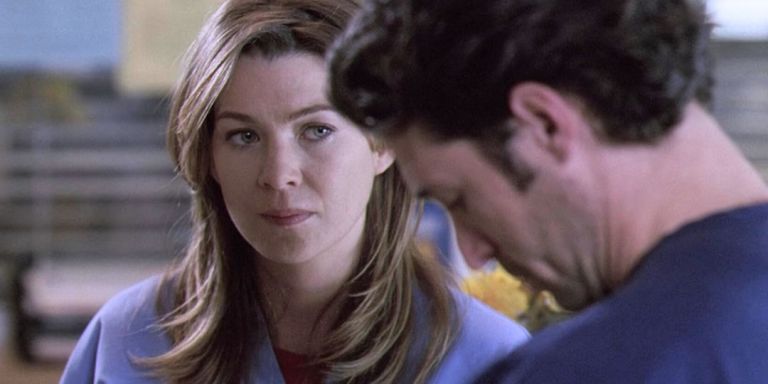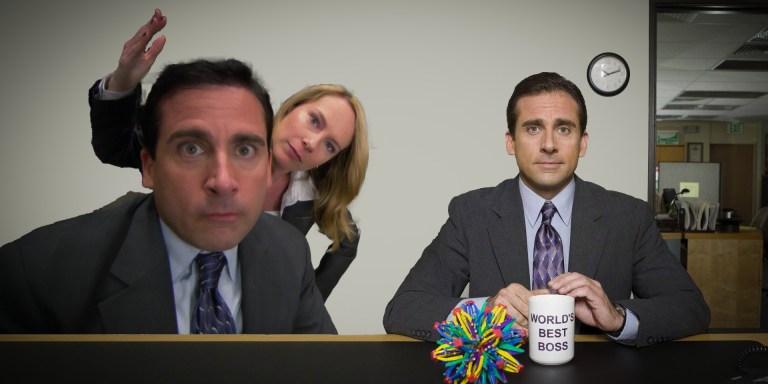
Like a lot of people, I try to collect words to live by. Most of these words come from reading but also from conversations, from teachers and from everyday life. As Seneca, the philosopher and playwright, put it very eloquently:
“We should hunt out the helpful pieces of teaching and the spirited and noble-minded sayings which are capable of immediate practical application–not far far-fetched or archaic expressions or extravagant metaphors and figures of speech–and learn them so well that words become works.”
In my commonplace book, I keep these little sayings under the heading “Life.” That is, things that help me live better, more meaningfully, and with happiness and honesty. Below are 9 sayings, what they mean and how they changed my life. Perhaps they will strike you and be of service. Hopefully the words might become works for you too.
“If you see fraud and do not say fraud, you are a fraud.” Nassim Taleb
This little epigram from Nassim Taleb has been a driving force in my life. It fuels my writing, but mostly it has fueled difficult personal decisions. Last summer, I was in the middle of a difficult personal situation in which my financial incentives were not necessarily aligned with the right thing. Speaking out would cost me money. I actually emailed Nassim. I asked: “What does “saying” entail? To the person? To the public? At what cost? And how do you know where/when ego might be the influencing factor in determining where you decide to go on that public/private spectrum?” His response was simple: If it harms the collective, you speak up until it no longer does. There’s another line in Shakespeare’s Julius Caesar. Caesar, returning from the conquest of Gaul, is reminded to tread lightly when speaking to the senators. He replies, “Have I accomplished so much in battle, but now I’m afraid to tell some old men the truth?” That what I think about with Nassim’s quote. What’s the point of working hard and being successful if it means biting your tongue (or declining to act) when you see something unfair or untoward? What do you care what everyone else thinks?
“It can have meaning if it changes you for the better.” Viktor Frankl
Viktor Frankl who was imprisoned and survived three separate Nazi concentration camps lost his wife, his parents, job, his home and the manuscript with which his entire life’s work had gone into. Yet, he emerges from this horrific nightmare convinced that life was not meaningless and that suffering was not without purpose. His work in psychology–now known as logotherapy–is reminiscent of the stoics: We don’t control what happens to us, only how we respond. Nothing deprives us of this ability to respond, even if only in the slightest way, even if that response is only acceptance. In bad moments, I think of this line. It reminds me that I can change for the better because of it and find meaning in everything–even if my “suffering” pales in comparison to what others have gone through.
“Thou knowest this man’s fall; but thou knowest not his wrassling.” James Baldwin
As James Baldwin reflected on the death of his father, a man who he loved and hated, he realized that he only saw the man’s outsides. Yes, he had his problems but hidden behind those external manifestations was his own unique internal struggle which no other person is ever able to fully comprehend. The same is true for everyone–your parents, your boss, the person behind you in line. We can see their flaws but not their struggles. If we can focus on this, we’ll have so much more patience and so much less anger and resentment. It reminds me of another line that means a lot to me from Pascal: “To understand is to forgive.” You don’t have to fully understand or know, but it does help to try.
“This is not your responsibility but it is your problem.” Cheryl Strayed
Though I came to Cheryl Strayed late, the impact has been significant. In the letter this quote came from she was speaking to someone who had something unfair done to them. But you see, life is unfair. Just because you should not have to deal with something doesn’t change whether you in fact need to. It reminds me of something my parents told me when I was learning to drive: It doesn’t matter that you had the right of way if you end up dying in an accident. Deal with the situation at hand, even if you don’t want to, even if someone else should have to, because you’re the one that’s being affected by it. End of story. Her quote is the best articulation I’ve found of that fact.
“Dogs bark at what they cannot understand.” Heraclitus
People are going to criticize you. They are going to resist or resent what you try to do. You’re going to face obstacles and a lot of those obstacles will be other human beings. Heraclitus is explaining why. People don’t like change. They don’t like to be confused. It’s also a fact that doing new things means forcing change and confusion on other people. So, if you’re looking for an explanation for all the barking you’re hearing, there it is. Let it go, keep working, do your job. My other favorite line from Heraclitus is: “Character is fate.” Who you are and what you stand for will determine who you are and what you do. Surely character makes ignoring the barking a bit easier.
“The corporation is an externalizing machine in the same way that a shark is a killing machine.” Robert Monks
I can’t recall where I saw this quote first, in Chris Hedges’ book or in the documentary The Corporation but it was an important realization. Whatever your political and economic beliefs, this logic is important to grasp. It’s what companies do–they try to make as much money as possible with absorbing as few of the costs as possible. You can hate this, you can take advantage of it, you can even create your own company or organization that tried to do things a new way or you can just protect yourself (or other people from it) but understand your opinion doesn’t have any influence over its reality. As Monks follows up, it’s not a “any question of malevolence or will.” It’s just fact. To paraphrase Rockefeller who had another good one about unions: Their job is to get as much money for the least amount of work. Period. Understanding the incentives and logic of organizations, of systems, of other people, is how you exist and succeed in the world. It’s also how you might change it for the better.
“Happiness does not come from the seeking, it is never ours by right.” Eleanor Roosevelt
Eleanor Roosevelt was a remarkable woman. Her father killed himself. Her mother was verbally abusive. Her husband repeatedly betrayed her–even up to the moment he died. Yet she slowly but steadily became one of the most influential and important people in the world. I think you could argue that happiness and meaning came from this journey too. Her line here is reminiscent of something explained by both Aristotle and Viktor Frankl–happiness is not pursued, it ensues. It is the result of principles and the fulfillment of our potential. It is also transitory–we get glimpses of it. We don’t have it forever and we must continually re-engage with it. Whatever quote you need to understand this truth, use it. Because it will get you through bad times and to very good ones.
“Don’t waste time on problem babies.” David Ogilvy
Ogilvy was not only a great copywriter and ad man, he was a hell of a manager and businessman. This little piece of advice is an important one, especially if you’re in the client business. You can’t get sucked into other people’s dysfunctions and you have to know when to quit. Some problems can’t be solved. Some problems must be left to others. Don’t waste time on problem babies. Move on–and maybe if you get momentum, you might be able to return later and solve it.
“Some lack the fickleness to live as they wish and just live as they have begun.” Seneca
After beginning with Seneca, let’s end with him. Inertia is a powerful force. The status quo–even if self-created–is comforting. So people find themselves on certain paths in life and cannot conceive of changing them, even if such a change would result in more personal happiness. We think that fickleness is a negative trait, but if it pushes you to be better and find and explore new, better things, it certainly isn’t. I’ve always been a proponent of dropping out, of quitting paths that have gotten stale. Seneca’s quote has helped me with that and I actually have it framed next to my desk so that I might look at it each day. It’s a constant reminder: Why am I still doing this? Is it for the right reasons? Or is it just because it’s been that way for a while?
**
Now, let’s see if we can’t continue to turn these ‘words into works.’ Good works. ![]()





